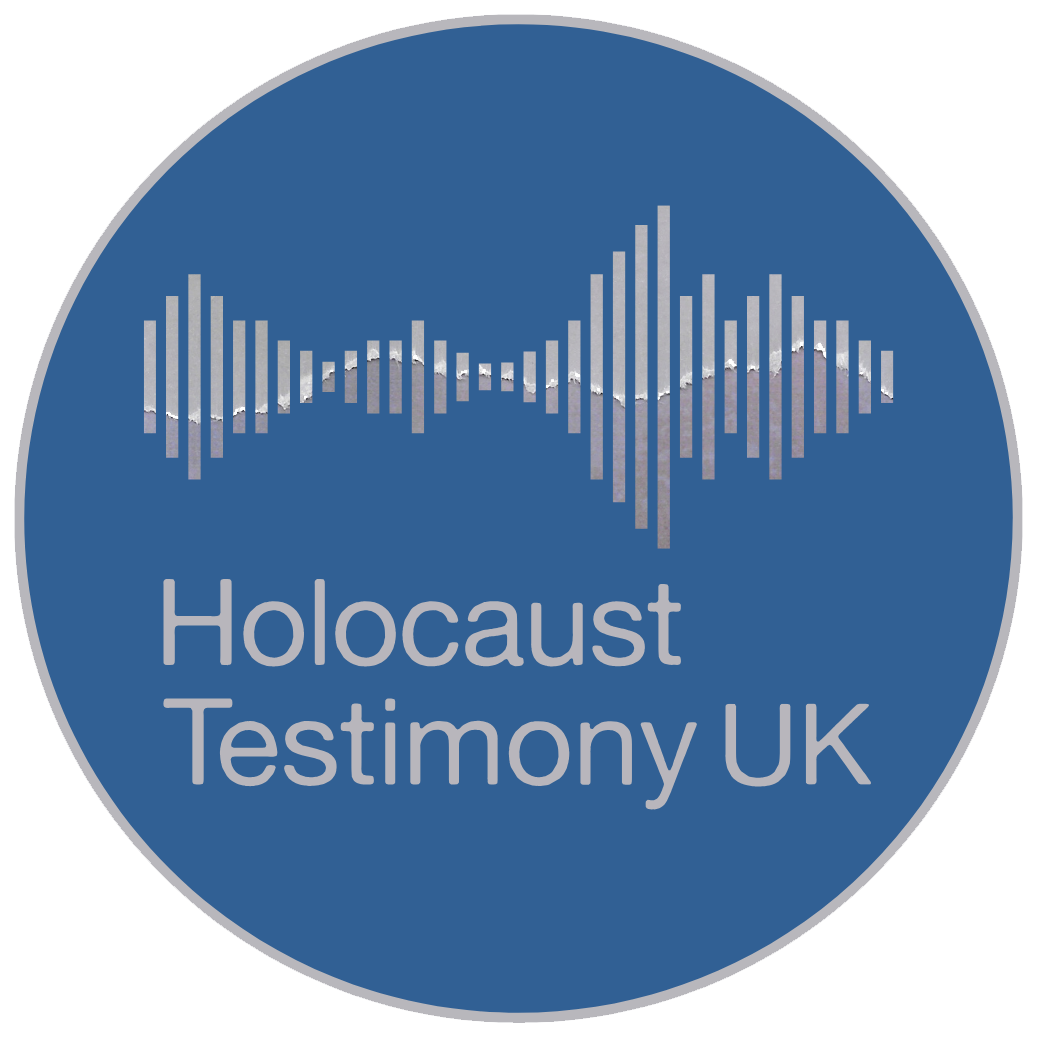top of page
<message>

Name
Born:
N/A
Place of Birth:
N/A
Date of Interview:
23/11/16
Place of Interview:
Interviewed by:
Name (Clickable)


It looks like this interview is hosted by one of our partners
Please click the link below to be redirected...
Visit Partner Website



INTERVIEW:
<name>
Born:
00/00/0000
Place of Birth:
Lviv
<name>
Born:
00/00/0000
Place of Birth:
Institution:
<partnerName>
Collection:
Date of Interview:
23/11/16
Interviewed By:
Dr Bea Lewkowicz

Interview Summary
Lili Pohlmann was born Lili Stern 1930 in Lvov, where her maternal grandparents lived. Her parents wanted to emigrate to Palestine, but due to a problem with his knee, Lili's father Filip Stern could not do agricultural work and became a bank manager in Krakow. Her mother Cecylia Stern, trained by the ORT, was an excellent dress designer. Lili has happy childhood memories of spending time in the main park in Krakow with her younger brother Uriel, riding scooters, climbing trees and eating freshly baked bread and sausages with her father. She first attended a Jewish Kindergarden and then a Catholic Primary school. Lili recalls glorious skiing holidays in Zakopane and regularly visiting her grandparents in Lvov, especially over Passover.
When the war started, Lili's mother took her children to Lvov while her husband enrolled to fight in the Polish Army. After the hostilities, Lili recalls her father joining them in Lvov, so traumatised from post-traumatic stress that he was practically unrecognisable.
Lili's family were confined to the Lvov Ghetto. Only Lili and her mother survived. Their lives were saved thanks to the exceptional courage and humanity of two remarkable non-Jews. Irmgard Wieth was a German a civil servant attached to the Nazi occupying forces in Lvov who sheltered Lili and her mother. Orthodox Archbishop Andrey Count Sheptytsky, who arranged for Lili and her mother to hide in a convent, was Ukrainian.
On 29th March 1946 Lili arrived in London in the first of the three transports of Jewish children brought over from Poland by British Rabbi Dr Solomon Schonfeld, whose inexhaustible efforts to rescue the remnants of those children who survived gave them a new life and freedom in the UK. A year later Lili was joined in the UK by her mother. They were the only two survivors of an extended family of over 300.
Throughout her life Lili has dedicated herself to building bridges between the Polish - Jewish communities. Her passion for forgiveness and gratitude to the people who both persecuted and saved her, has made her a much sought after speaker, from schools to embassies. In 2007, her tireless work earned her one of Poland's highest accolades, The Commander's Cross of Polonia Restituta, awarded for extraordinary and distinguished service.

bottom of page

